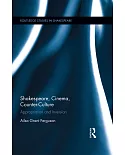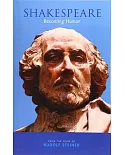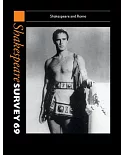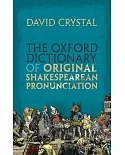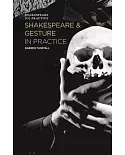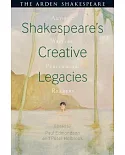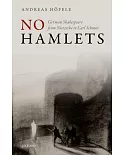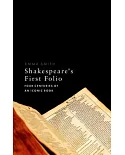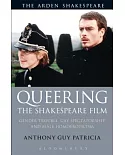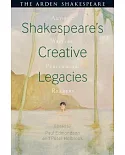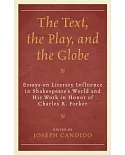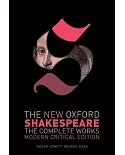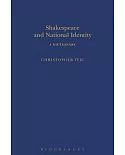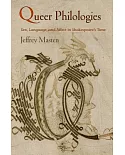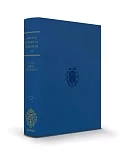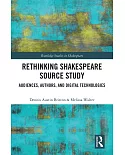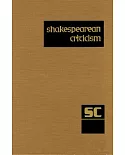In this updated edition, Wells (English literature, Roehampton University, London) does not advocate a particular or anachronistic political outlook to Shakespeare. Rather, he places the plays
within the context of political debates of the late sixteenth century. Wells reviews the commonly accepted world views, that of the microcosm reflecting the macrocosm, of the Great Chain of
Being from worms up to God and his representative, the king, in which women were submissive to men and the interplay of nature and human events, also demonstrating the hand of Providence in all
things. He also discusses how these time-honored beliefs were being challenged. The role of Shakespeare as a dramatist was to tell a compelling story. The debates of the day provided conflict
that sparked the plot. While Shakespeare's depiction of dilemmas and conflicts are universal, an understanding of the political debates of the time in which he lived can only enrich our
appreciation of the work. Wells closes with a summary of recent critical theory on Shakespeare. His lucid explanation of the literary conflict should be read by anyone beginning a course on
Shakespeare. Annotation 穢2009 Book News, Inc., Portland, OR (booknews.com)



